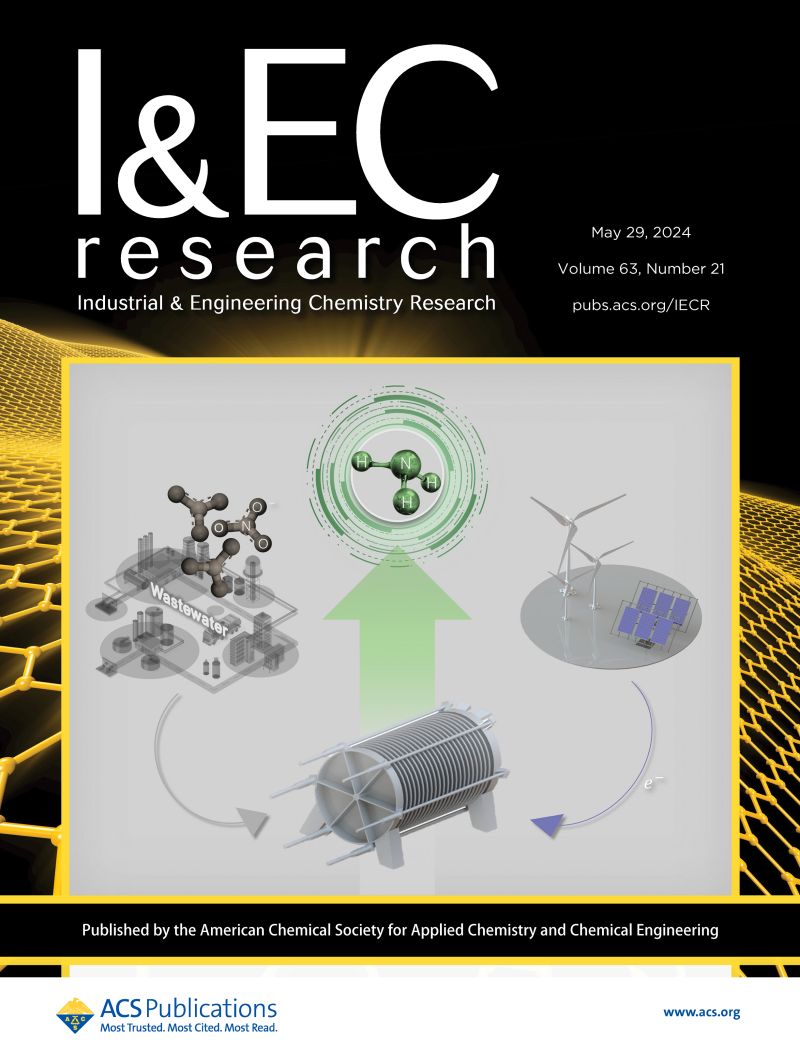Ozone-Assisted Catalytic Alkane Oxidation over Mn/Hydroxyapatite Catalyst at a Precisely-Controlled Total Pressure
IF 3.8
3区 工程技术
Q2 ENGINEERING, CHEMICAL
引用次数: 0
Abstract
Ozone-assisted catalytic oxidation (OzCO) and conventional catalytic oxidation (CCO) of alkanes such as propane and methane were investigated over Mn/Hydroxyapatite at 50–450 °C using the innovative LoPOx setup, which enables precise control of the reactor total pressure. Utilizing ozone as the oxidant decreased the required oxidation temperature by up to 300 °C compared to CCO, enabling full propane conversion below 100 °C, with a maximum CO2 selectivity amounting to 85%. Kinetic analysis revealed distinct propane OzCO stages, transitioning from OzCO-driven conversion (<100 °C) to gas-phase ozonation (100–200 °C), followed by gas-phase ozonation and CCO (200–400 °C), and ultimately CCO (>400 °C). A comparative assessment of propane and methane oxidation revealed that, despite the presence of highly reactive oxygen species, the high C–H bond dissociation energy of methane significantly limited its oxidation. Consequently, although the presence of O3 effectively enabled low-temperature propane oxidation, it was insufficient for methane abatement under similar conditions.

求助全文
约1分钟内获得全文
求助全文
来源期刊

Industrial & Engineering Chemistry Research
工程技术-工程:化工
CiteScore
7.40
自引率
7.10%
发文量
1467
审稿时长
2.8 months
期刊介绍:
ndustrial & Engineering Chemistry, with variations in title and format, has been published since 1909 by the American Chemical Society. Industrial & Engineering Chemistry Research is a weekly publication that reports industrial and academic research in the broad fields of applied chemistry and chemical engineering with special focus on fundamentals, processes, and products.
 求助内容:
求助内容: 应助结果提醒方式:
应助结果提醒方式:


